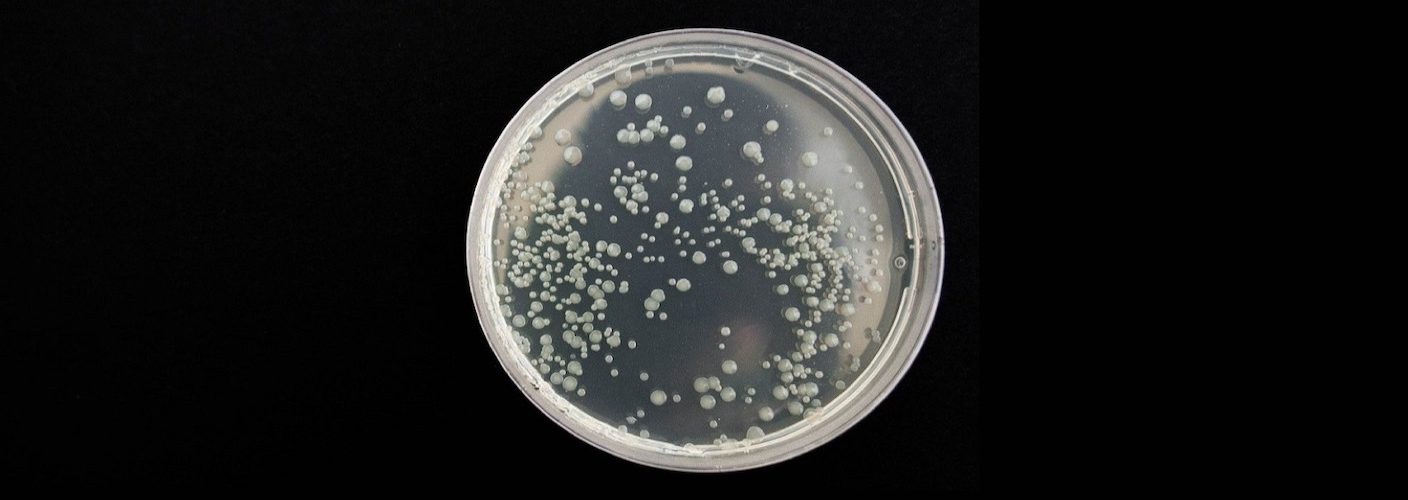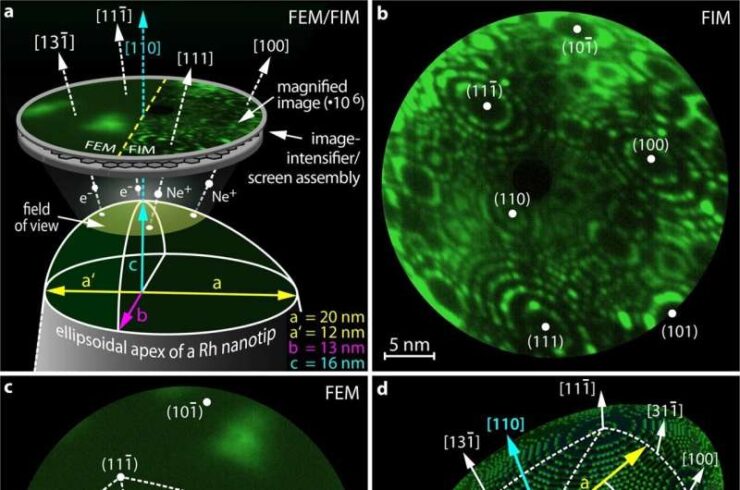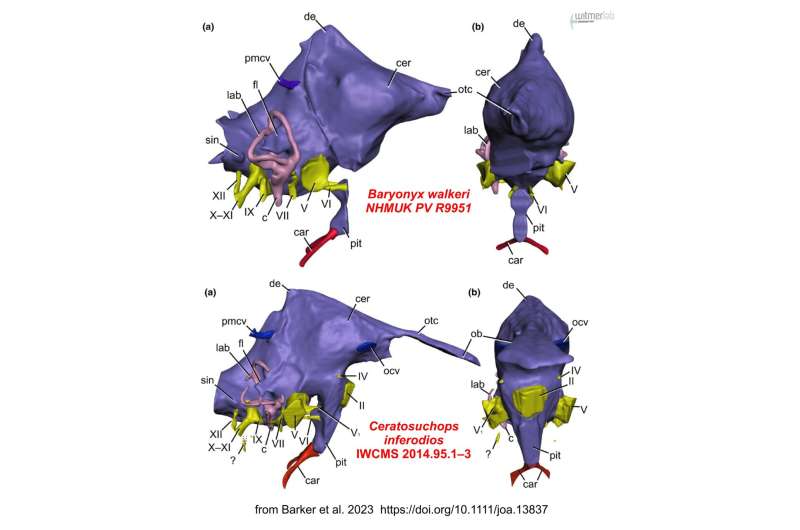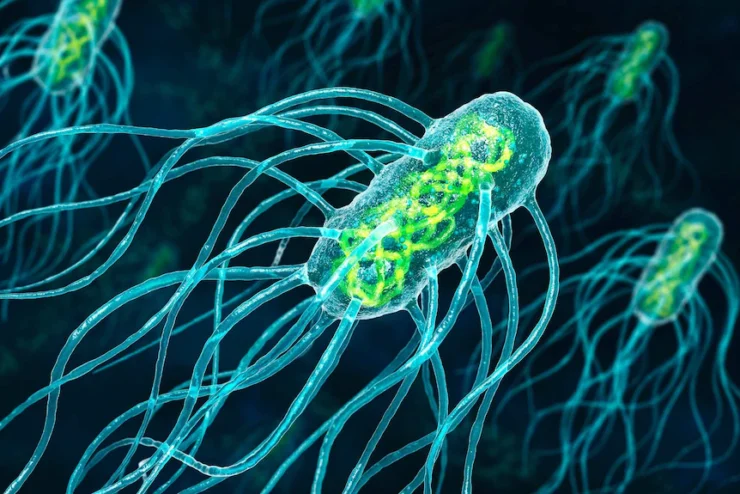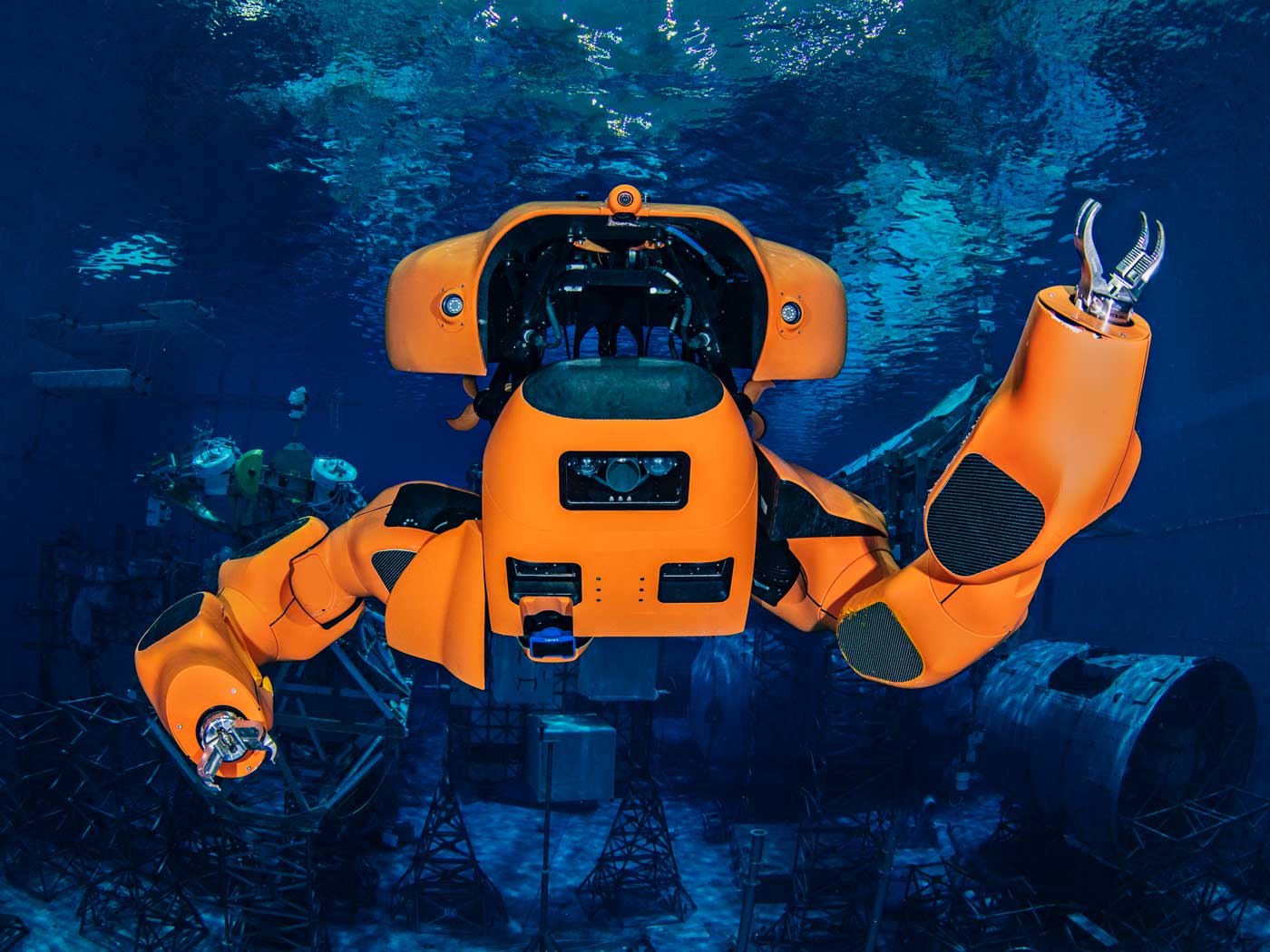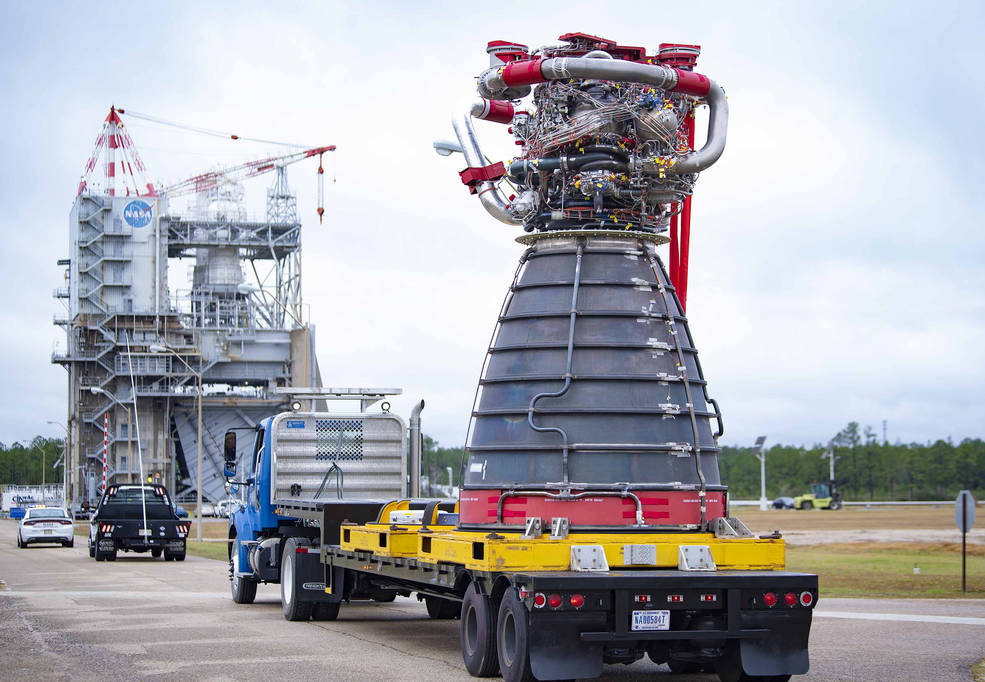Scientists Used CRISPR to Engineer a New ‘Superbug’ That’s Invincible to All Viruses
剑桥大学的一个团队最近使用CRISPR技术,用自然界中不存在的合成氨基酸替换了超过18000个密码子所合成的蛋白质。其结果是一种几乎可以抵抗所有病毒感染的细菌——因为它缺乏病毒感染细胞所需的正常蛋白质受体。
A team at the University of Cambridge recently used CRISPR to replace over 18,000 codons with synthetic amino acids that don’t exist anywhere in the natural world. The result is a bacteria that’s virtually resistant to all viral infections—because it lacks the normal protein “door handles” that viruses need to infect the cell.
但这只是“设计生命”的超能力的开始。到目前为止,科学家们只能将一种设计好的氨基酸植入生物体内。这项新工作为同时破解多个现有密码子,同时复制编辑至少三个合成氨基酸打开了大门。当它达到3/20时,就足以从根本上重写地球上存在的生命。
But that’s just the beginning of engineering life’s superpowers. Until now, scientists have only been able to slip one designer amino acid into a living organism. The new work opens the door to hacking multiple existing codons at once, copyediting at least three synthetic amino acids at the same time. And when it’s 3 out of 20, that’s enough to fundamentally rewrite life as it exists on Earth.
长期以来,我们一直认为,“重新分配生物的密码子子集,可以提高遗传密码扩展技术的实用性和通用性,”来自波士顿学院的Delilah Jewel和Abhishek Chatterjee博士,他们没有参与这项研究。“这项工作巧妙地将梦想变成了现实。”
We’ve long thought that “liberating a subset of…codons for reassignment could improve the robustness and versatility of genetic-code expansion technology,” wrote Drs. Delilah Jewel and Abhishek Chatterjee at Boston College, who were not involved in the study. “This work elegantly transforms that dream into a reality.”
更多消息请移步SingularityHub.com
Read more at SingularityHub.com

